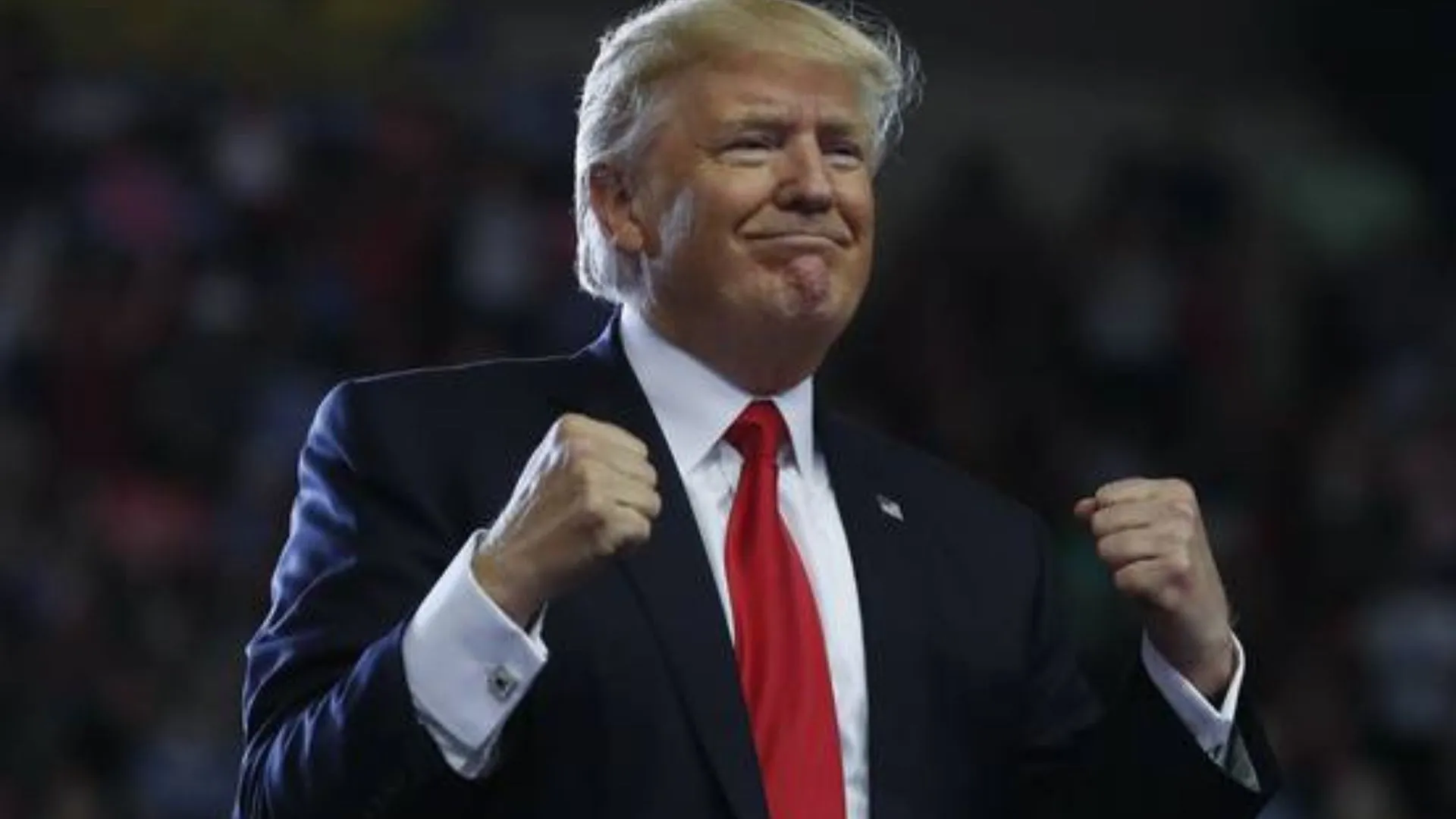Former President Donald Trump’s proposed tariffs on goods from China, Mexico, and Canada are sparking debate across the globe. Aimed at curbing illegal drug trafficking, particularly fentanyl, Trump’s strategy could have a significant impact on the opioid crisis in the U.S. Tesla CEO Elon Musk has weighed in on the issue, suggesting that the tariffs will drive up the price of fentanyl. As Trump prepares to take office in January 2025, the question remains: will these tariffs reduce the flow of deadly drugs and save lives?
Trump’s Tariff Plan: Targeting Fentanyl and Illegal Immigration
In a bid to tackle the opioid epidemic and illegal immigration, Trump has announced plans to impose a 25% tariff on imports from Mexico and Canada and an additional 10% tariff on Chinese goods. These tariffs, according to Trump, will remain in place until these countries take more aggressive action against the illegal trafficking of drugs, especially fentanyl, into the United States.
Trump has long criticized China for its role in the fentanyl trade, accusing the country of failing to enforce strict penalties against drug producers. Similarly, he has voiced frustration with Mexico and Canada for not doing enough to stop illegal drugs from crossing the border. In his words, “The massive amounts of drugs, particularly fentanyl, continue to flood the U.S., and it’s time these countries take real action.”
The Fentanyl Crisis: A Deadly Epidemic
Fentanyl, a synthetic opioid, is 100 times more potent than morphine and has contributed to a staggering increase in drug-related deaths in the U.S. Most of the fentanyl entering the U.S. is smuggled from China and Mexico, making them key targets for Trump’s tariffs. The Drug Enforcement Administration (DEA) describes fentanyl as a major threat to public health, responsible for tens of thousands of deaths annually.
Trump’s focus on fentanyl is part of a broader strategy to curb the opioid crisis, which has claimed tens of thousands of lives. By increasing tariffs on goods from China, Mexico, and Canada, Trump hopes to create economic pressure to stop the drug trade and reduce the availability of fentanyl on U.S. streets.
Elon Musk Weighs In: “The Price of Fentanyl Will Rise”
Tesla CEO Elon Musk has weighed in on the proposed tariffs, commenting that the price of fentanyl will likely rise sharply as a result. Musk’s comments highlight the ripple effect tariffs can have on global trade and the illicit drug market. While some argue that raising the price of fentanyl may reduce demand, others worry about the broader economic consequences, including higher consumer costs and disruptions in international trade.
Musk’s statement underscores the complexities of using tariffs as a tool to combat drug trafficking. The potential economic fallout could be significant, especially for industries reliant on imports from the affected countries. However, Trump’s supporters believe the tariffs are a necessary measure to address the growing fentanyl crisis.
Tariffs as Leverage: Trump’s Strategy for Change
Trump has linked these tariffs directly to his broader strategy to address both the opioid crisis and illegal immigration. In his recent statements, Trump emphasized that the tariffs would remain in place until Mexico, Canada, and China take more decisive actions to stop the flow of illegal drugs and immigrants. As Trump puts it, “Until these countries take real action to protect Americans, we will continue to apply economic pressure.”
Trump’s focus on using tariffs as leverage has raised concerns among critics, who argue that such measures could harm global trade and lead to higher prices for everyday goods. On the other hand, supporters contend that this approach is necessary to protect American lives from the devastating effects of fentanyl and other illegal drugs.
The US-China Fentanyl Agreement: Progress and Frustration
Despite some progress in US-China efforts to combat fentanyl trafficking, Trump remains frustrated with the lack of significant enforcement. While U.S. President Joe Biden and Chinese President Xi Jinping agreed last year to work together to curb fentanyl production, Trump has criticized China for not doing enough. He points to the continued smuggling of fentanyl into the U.S. as evidence that stronger measures are needed.
The ongoing challenges with fentanyl trafficking have made tariffs an increasingly attractive option for U.S. policymakers, particularly Trump. The tariffs aim to exert pressure on China, Mexico, and Canada to take stronger action against the illegal drug trade.
Global Trade, National Security, and the Drug Crisis
Trump’s tariff proposal has sparked widespread debate. Supporters argue that the tariffs are a necessary tool to combat the fentanyl epidemic and curb illegal immigration. However, critics warn that these tariffs could disrupt global trade and harm consumers by raising prices on imported goods. Industries that rely on products from China, Mexico, and Canada may face significant challenges if these tariffs go into effect.
As the global community watches closely, the full consequences of Trump’s tariff plans remain to be seen. Will they successfully reduce fentanyl trafficking and save lives, or will the economic fallout outweigh the benefits? The coming months will likely reveal the true impact of these ambitious tariff proposals.

















